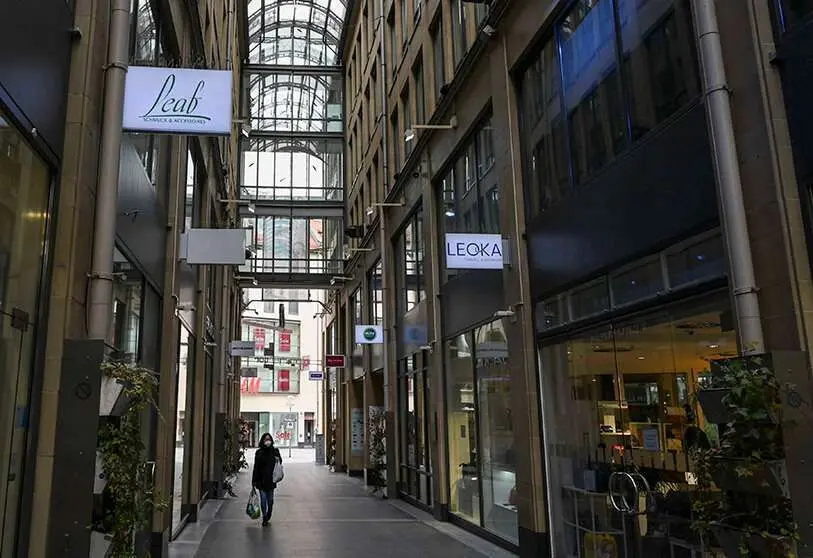Global economy expected to grow 5% in 2021

In 2021, the global economy is expected to almost fully recover from the major economic downturn in H1 2020 caused largely by the Covid-19 pandemic. However, the pace of the recovery is dependent on how quickly people can be vaccinated and lockdowns ended. At the same time, the pandemic continues to weigh on the outlook. Fiscal and monetary support remains essential to support economies, and the economic cost of the pandemic will be felt more strongly in 2021 compared to last year, given its impact on labour markets, business failures and the medium-term fiscal position of countries.
Advanced economies are forecast to grow 3.9% in 2021, undoing most of the cumulative drop in GDP in 2020. Some of the uncertainty that hung over the market in 2020 has disappeared. In the United States, the new president Joe Biden is expected to follow a more consistent policy than his predecessor did. The trade deal between the United Kingdom and the European Union is removing the uncertainty of a hard Brexit. While damage is still inflicted by higher trade barriers, it is considerably smaller compared to a no-deal scenario.
Covid-19 infections however continue to spread in a number of major advanced markets and lockdown measures remain strict. Due to these factors, most markets will not see GDP recovering to their pre-pandemic levels in 2021. Emerging markets in Asia have mostly fared better in managing the virus with China avoiding recession and expecting 8.8% growth in GDP in 2021 due to pent up demand. Latin America has the worst performance. Mexico received limited government support and faces a protracted recovery, while Brazil received a sizable fiscal package that limited the depth of the recession in 2020.

Current forecasts anticipate good pace of vaccinations resulting in permanent reduction in restrictions by mid-year. However, if vaccination processes are slower than expected and social distancing measures continue into H2, businesses may postpone or cancel investment amid uncertainty over the resulting government restrictions and future demand for goods and services. This will slow the economic recovery in 2021.
“This 2020 recession has been unique in that GDP and trade have been severely impacted, but insolvencies remained low due to the fiscal stimulus and temporary freezing of bankruptcy proceedings in many markets. This however could change dramatically as stimulus is phased out. Cautious credit management including attention to the financial stability of your business and that of your buyers remain paramount to success”, said Andreas Tesch, Chief Market Officer of Atradius.








